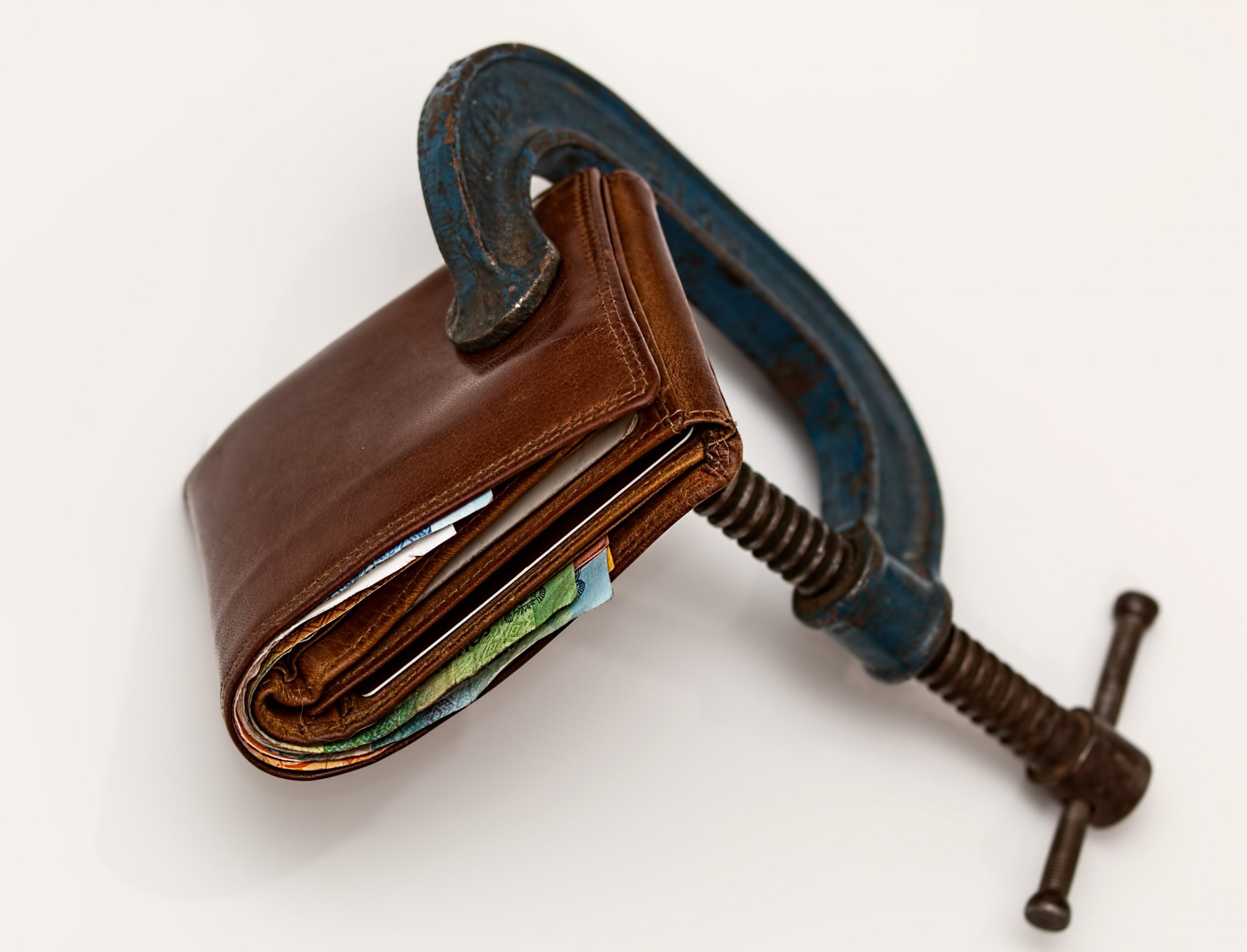
Personal Injury And Medicare
Your personal injury claim may have a lien against it owed to Medicare. Your attorney will contact Medicare and receive a Conditional Payments Letter from CMS, which will tell you exactly how much of your personal injury settlement must be paid to Medicare.
Why Does Medicare Get Paid From Personal Injury Funds?
Medicare has an automatic lien against settlement proceeds if they derive from a personal injury accident that reaches a settlement or jury verdict. In this way, personal injury and medicare are necessarily tied to one another. While it is speculation, the underlying rationale for this is that if your health insurance provider pays for your medical treatment and you receive compensation for your injuries, you’ve been paid twice.
As a result, Medicare is granted a personal injury medical lien. Fortunately, that lien can often be reduced in accordance with the medicare procurement formula which is applied when your attorney provided Medicare with the settlement amount, attorney fees, and attorney expenses associated with reaching the settlement or jury verdict.
Reducing Your Medicare Lien In Personal Injury
Medicare will apply the procurement formula to reduce your personal injury lien. In doing so, they consider the attorney fees paid, and the out-of-pocket expenses the attorney incurred in obtaining your personal injury settlement. These expenses can be substantial especially if a lawsuit is filed and expenses for expert testimony and depositions are incurred.
If your case is settled for $5,000 or less, you can generally assume that Medicare will limit their recovery to 25% of the total settlement, regardless of the amount Medicare paid for treatment of your injuries related to the accident.
When Does Medicare Get Paid?
Your personal injury lawyer will provide you with a settlement sheet dictating where every penny of your personal injury settlement is going. You will see a line item to Medicare. This indicates that the personal injury lawyer is going to send a check to Medicare as part of disbursing settlement funds. Typically, a few days after you sign your settlement statement and receive a settlement check from your personal injury claim, your lawyer’s office will disburse all remaining funds as dictated on the settlement sheet.
There are times when your attorney will wait to disburse funds on the settlement sheet. For example, the attorney may allocate the highest amount possible to be paid to Medicare or other providers, with the hopes of negotiating or procuring reductions for some or all of the billing. If this is achieved, you will be asked to sign an updated settlement sheet. Presumably, as a result of any negotiated and lowered billing, you may receive additional funds from the settlement.
Speak With A Personal Injury Lawyer Today
If you would like to speak with an attorney about your personal injury case, we’re here to help. The call is free and you will come away with a much better understanding of your options. You can reach us at 704.749.7747 or click to request a FREE CASE EVALUATION, and we will be in touch shortly.
Further Reading
If this article on “Personal injury and medicare” was helpful, you may find other helpful articles on our Personal Injury Blog. Thank you for visiting the website—we hope it has been helpful.

